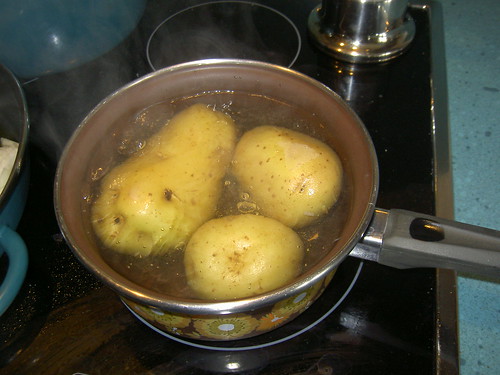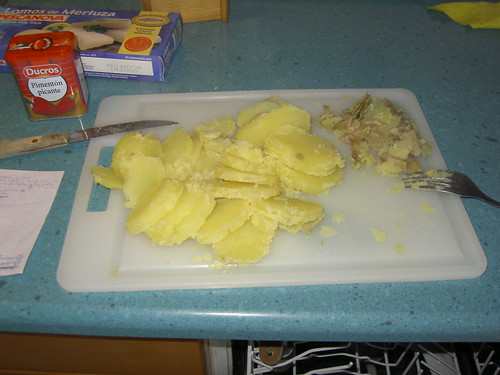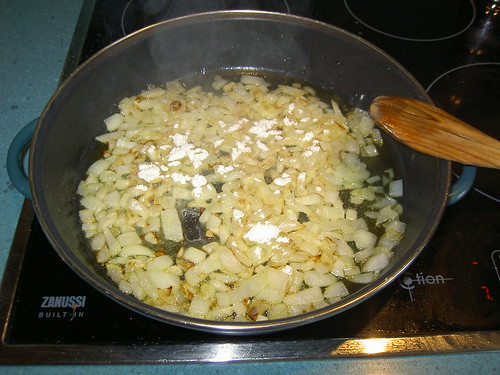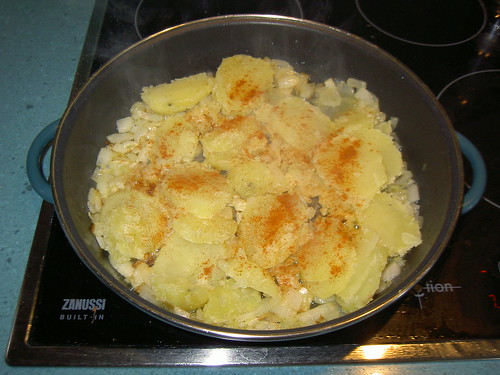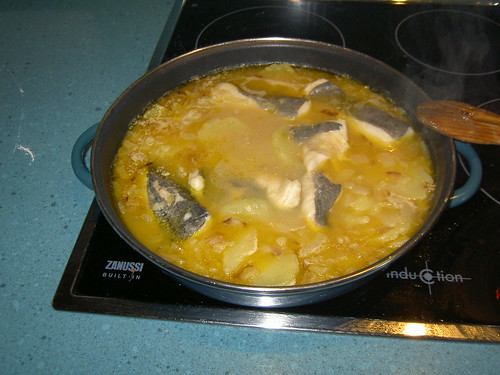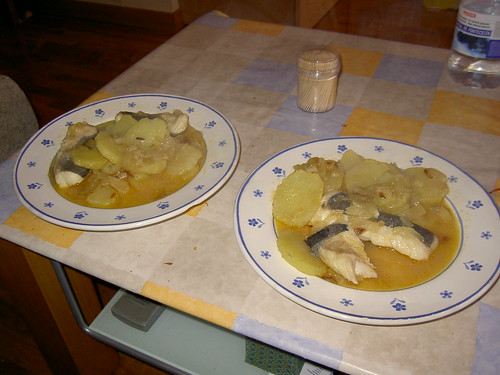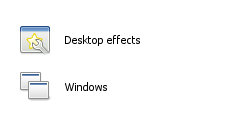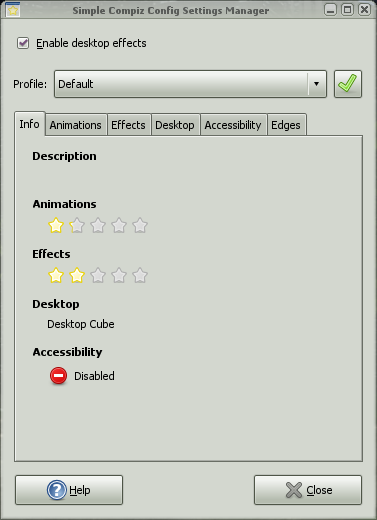Last weekend I’ve been in Valencia for the II GUADEMY, organized by PoLinux (the Linux Users Group of the Universidad Politécnica, where the event took place).
The purpose of this II GUADEMY was to really serve as a starting point for further sharing between free desktops (it’s true it was just about GNOME and KDE, although I’m sure we could easily get other free desktops in), and I really think that it has succeeded. There were some core KDE and GNOME developers around, even though lots of GNOME/KDE Spanish developers were missing (where were you?), and even though not big decisions have been made, I feel that this is the beginning of a new era in free desktops sharing. Of course, it’s a very long trip what we just started, but seeing people from both desktops willing to cooperate as much as possible means we (the people that believe in further sharing) are not that wrong 🙂
So, here are my conclusions from what I have seen/heard during this weekend with lovely weather and very little sleep in Valencia:
- We are sharing some stuff now, much more than a few years ago (HAL, DBus, PackageKit, WebKit, poppler, fd.o specs, etc), but we still have a lot of duplication (duplicated screensaver / power management / login manager / etc cores, with lots of security and other issues).
- People generally agree in sharing code, but sometimes in the form of “here’s our implementation, based on our technologies, use it if you want”, which doesn’t work. There were complains about how GIO was written without taking KDE’s KIO people into account, and about KDevelop new code, which didn’t take into account Anjuta’s people. So, we need to fix this.
- We need a process to determine what to share, as Will said in our talk, and, from what I got from Vincent‘s talk, Freedesktop.org is in need of an official board that can establish a formal process for accepting standards and implementations, and also it needs to get more KDE people involved so that it’s not seen as a GNOME-only thing. It seems to me the natural way would be to fix fd.o’s situation and use it for further sharing.
- The whole Saturday morning was dedicated to talk about the GUI toolkits’ future, with Carlos Garnacho, Holger Freyther and Javier Fernández from igalia. It was really interesting to see what the future might bring us, since free GUI toolkits need not only to cope with better look&feels, but also with different devices, given the mobile device market is making a lot of use of our technologies.
- Some further examples of things that could be shared: an indexing/metadata system, PIM data access and management.
- I missed Sunday’s talks, since my bus was leaving at 11AM, but I’ve heard there were some joint conclusions in the last session, so let’s see if someone that attended publishes them.
- Vincent didn’t want to believe me, but really, normal Spaniards don’t usually go to places like Los Bestias 🙂 (details from Jos). I wouldn’t really recommend it to anyone, except for stag parties (if you ever go to this kind of parties), but it was fun to see something different, we laughed a lot during the dinner. Fortunately, we arrived a bit late, so we just had to listen to the Karaoke for a few minutes, after that, it was shut down.
- Not related to GNOME/KDE, but I convinced a couple of more people to use their GPSs to record their travels and send them to me for uploading to the OpenStreetMap database, even though one of those guys’ GPS suffered a disgusting accident 🙂
Just wanted to end up with a big congratulation to the organizers, they managed to do a great conference, with core international speakers, even though the planning started quite late. Now looking forward to GUADEMY III, which might perfectly take place, why not, in the joint GUADEC/Akademy in 2009.
You can see the slides of my talk here. These don’t include Will’s plan for code sharing process, which I guess he’ll publish soon.


